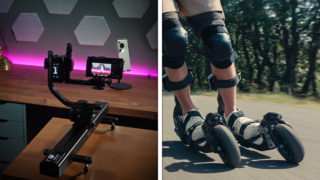Gone are the days when military robots were just clunky remote-controlled machines. Today’s battlefield is witnessing an extraordinary partnership between soldiers and their mechanical counterparts, each bringing unique strengths to the fight. While humans provide the irreplaceable elements of judgment, creativity, and ethical decision-making, robots take on the most dangerous tasks, from disarming explosives to patrolling hostile territories.
Let’s explore some of the most impressive military robots that are changing the face of modern warfare, each designed to tackle specific challenges while working alongside human operators.
10. The Bionic Yak
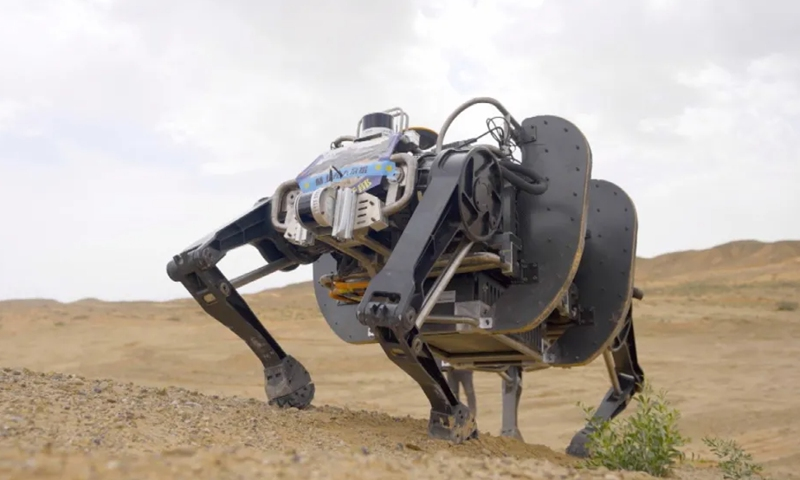
The Bionic Yak is a cutting-edge military robot from China, engineered for logistics and reconnaissance missions. Capable of carrying up to 160 kg of cargo, it traverses challenging terrains like snow and rocky paths with ease. With a speed of 10 km/h, the Bionic Yak is equipped with advanced sensors for gathering tactical data on the battlefield, making it an indispensable tool for remote and hard-to-reach military operations.
9. FEDOR
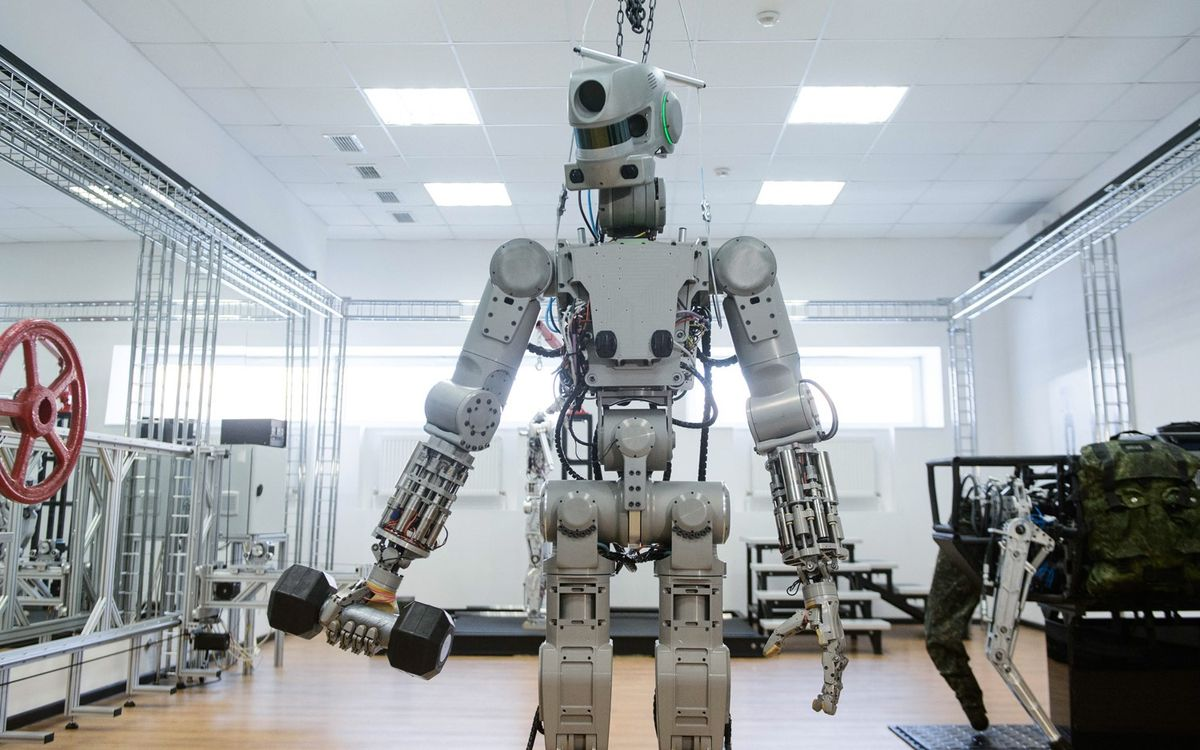
FEDOR is a humanoid robot designed by Russian engineers to handle extreme scenarios, including rescue missions and space exploration. Standing 180 cm tall and weighing 105 kg, FEDOR can operate autonomously or via remote control. It boasts impressive versatility, performing tasks such as tool handling, vehicle operation, and even executing advanced movements like splits. Despite setbacks due to sanctions, FEDOR continues to showcase the innovative potential of Russian robotics.
8. EOD Robot
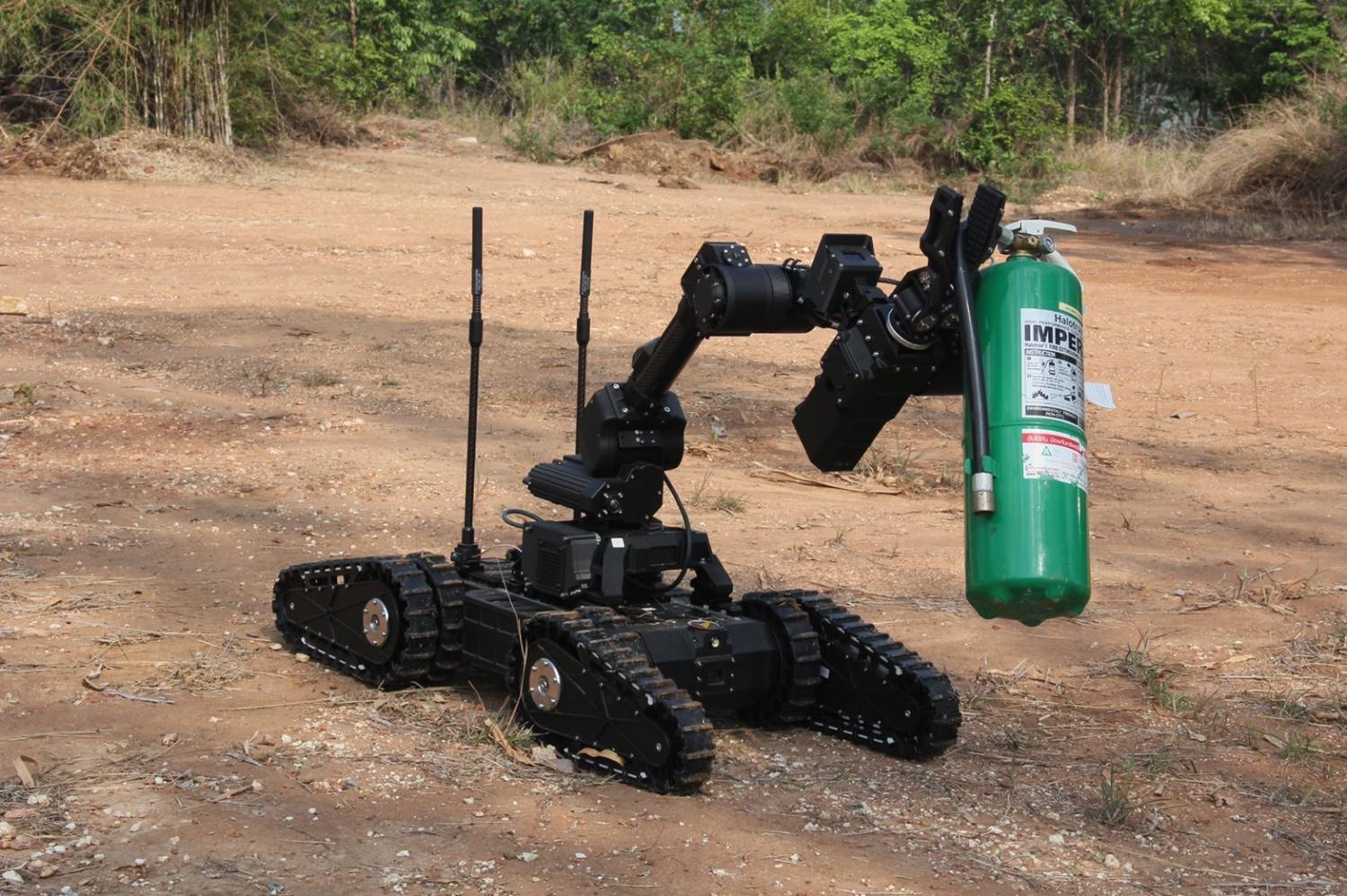
The EOD Robot is a specialized machine designed for the safe disposal of explosive ordnance. Widely used across the globe, it features advanced cameras and sensors that allow it to identify and neutralize explosive devices remotely. By providing real-time video and feedback to operators, the EOD Robot minimizes risks to military personnel and civilians, proving its value in high-stakes operations.
7. SCHAFR
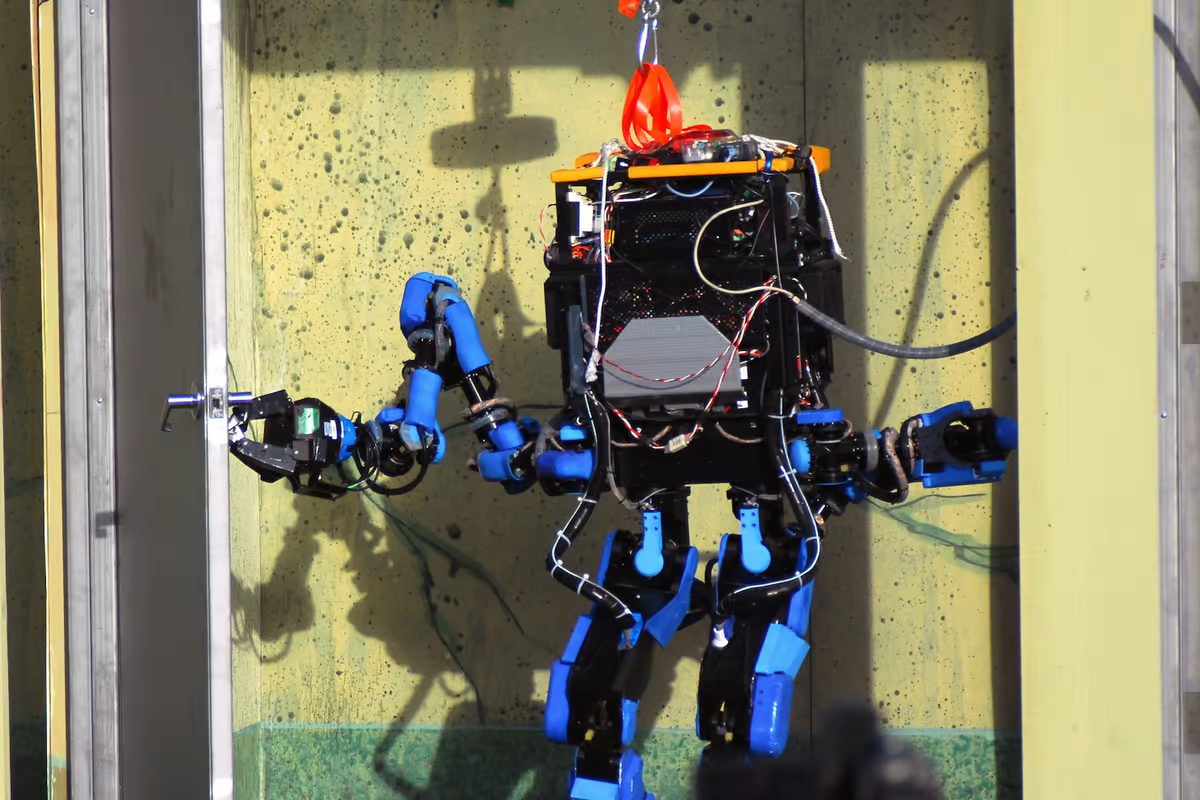
Japan’s SHAFR robot gained recognition during the DARPA Robotics Challenge, where it excelled in tasks such as driving vehicles and navigating complex obstacles. Weighing 95 kg and standing 1.48 m tall, this agile humanoid is designed for military applications in urban environments. SHAFR’s ability to mimic human movements demonstrates its potential to enhance operational capabilities in various scenarios.
6. Petman
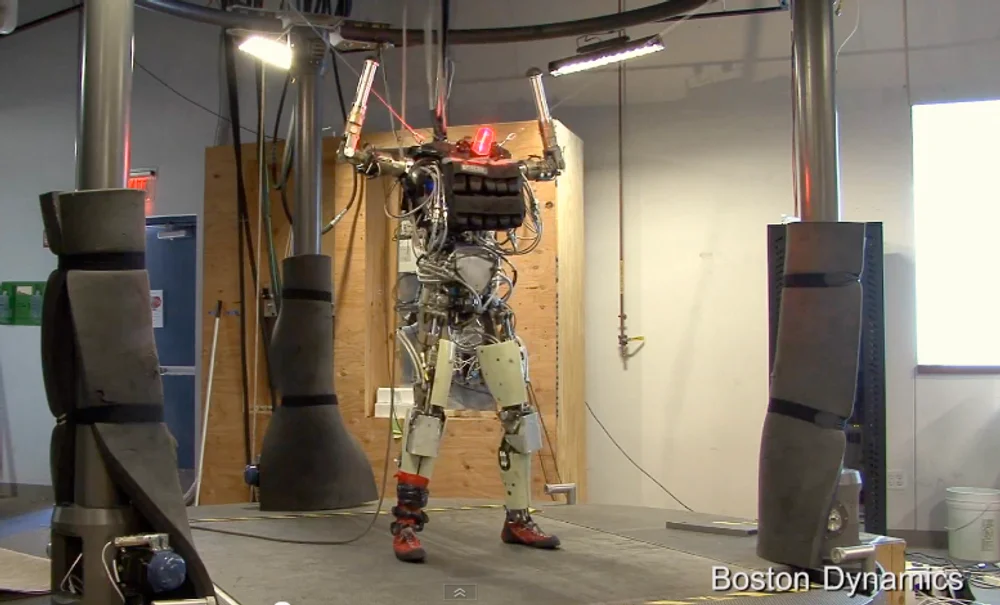
Developed by Boston Dynamics, Petman is a humanoid robot created to test military uniforms and protective gear. It mimics human physiology with realistic movements such as walking, squatting, and even sweating to simulate real-world conditions. While its primary role is gear testing, future iterations could see Petman playing an active role in combat or hazardous fieldwork.
5. Nadia: The Boxing Robot
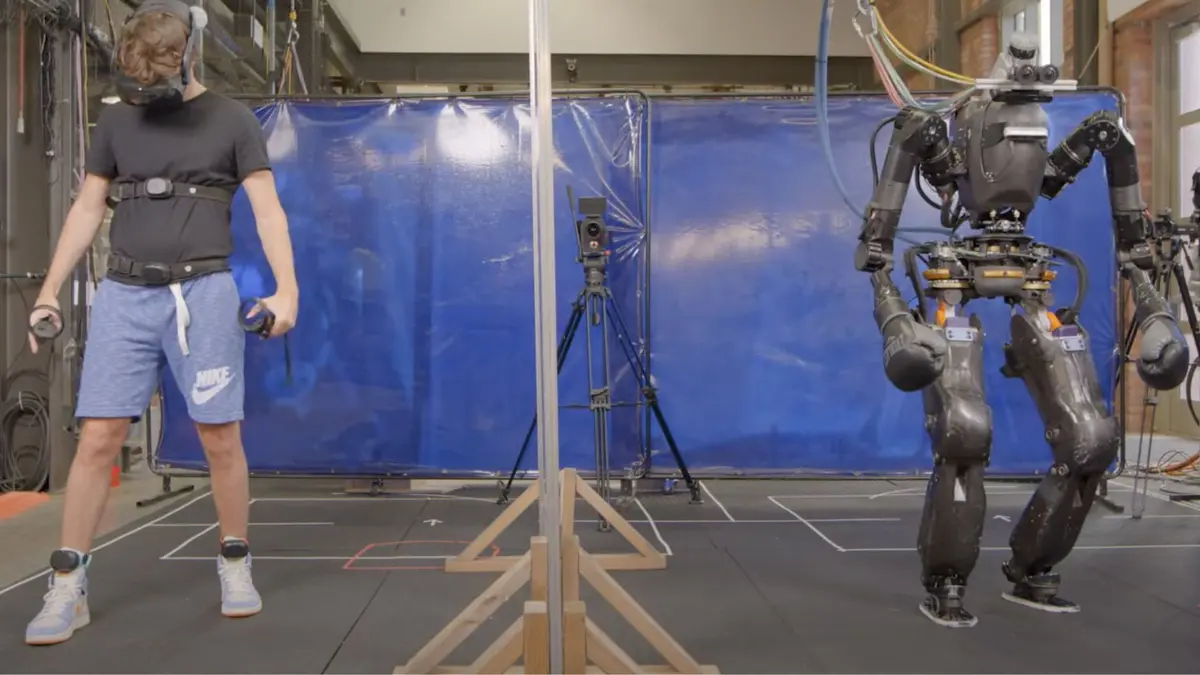
IHMC Robotics’ Nadia is a highly sophisticated humanoid robot built for dangerous environments. With 29 flexible joints, it performs complex movements, making it ideal for rescue missions or space exploration. Although currently operated by human controllers, Nadia’s intuitive design aims to optimize efficiency in perilous situations, with potential future applications in military operations.
4. Avatar Robots
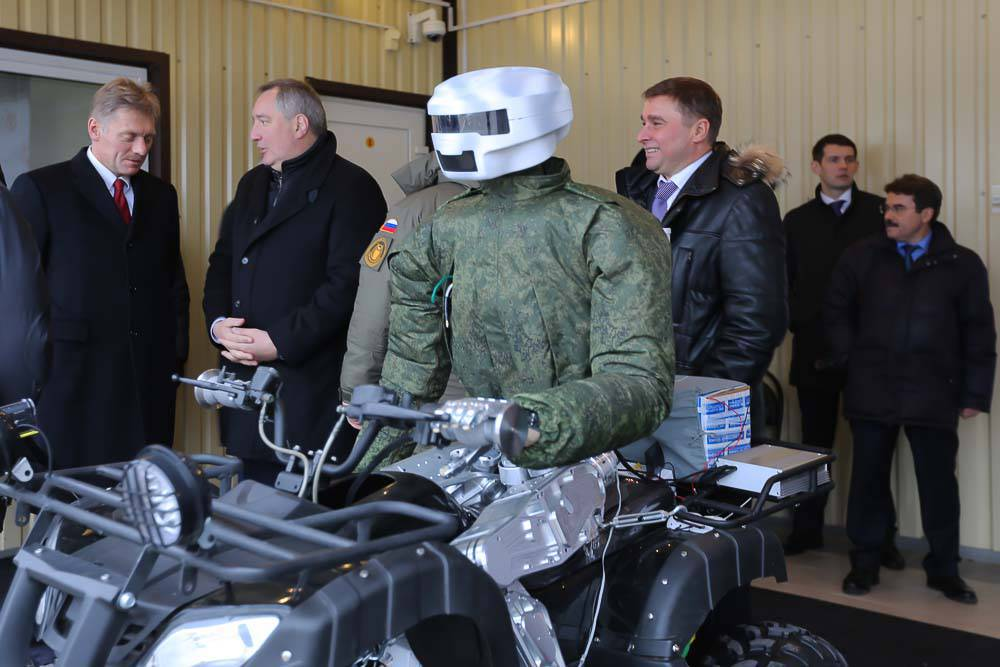
Russia is developing Avatar Robots aimed at replacing soldiers on the battlefield. These robots are designed to function seamlessly within human-built environments, providing tasks like first aid, vehicle operation, and infrastructure interaction. The ultimate goal is to create autonomous machines that can take on combat risks, protecting human lives.
3. The Humanoid Pilot
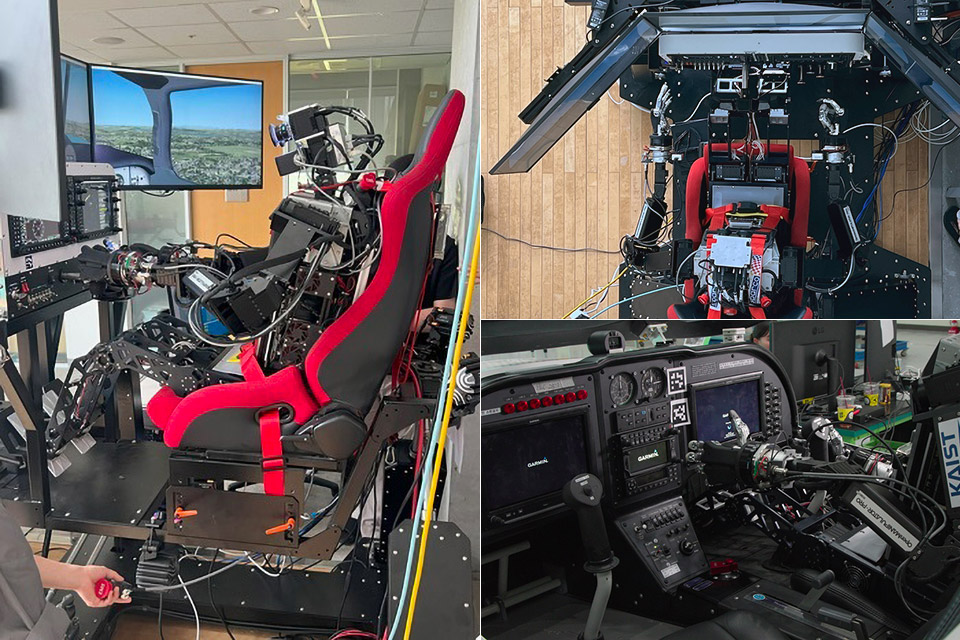
The PIBOT robot from South Korea is the first humanoid pilot capable of controlling human-operated transportation systems. Its design allows it to sit in standard seats and operate vehicles with precision. Equipped with AI, the PIBOT reacts to emergencies swiftly, making it a groundbreaking addition to military aviation and automated transport systems.
2. Method 2
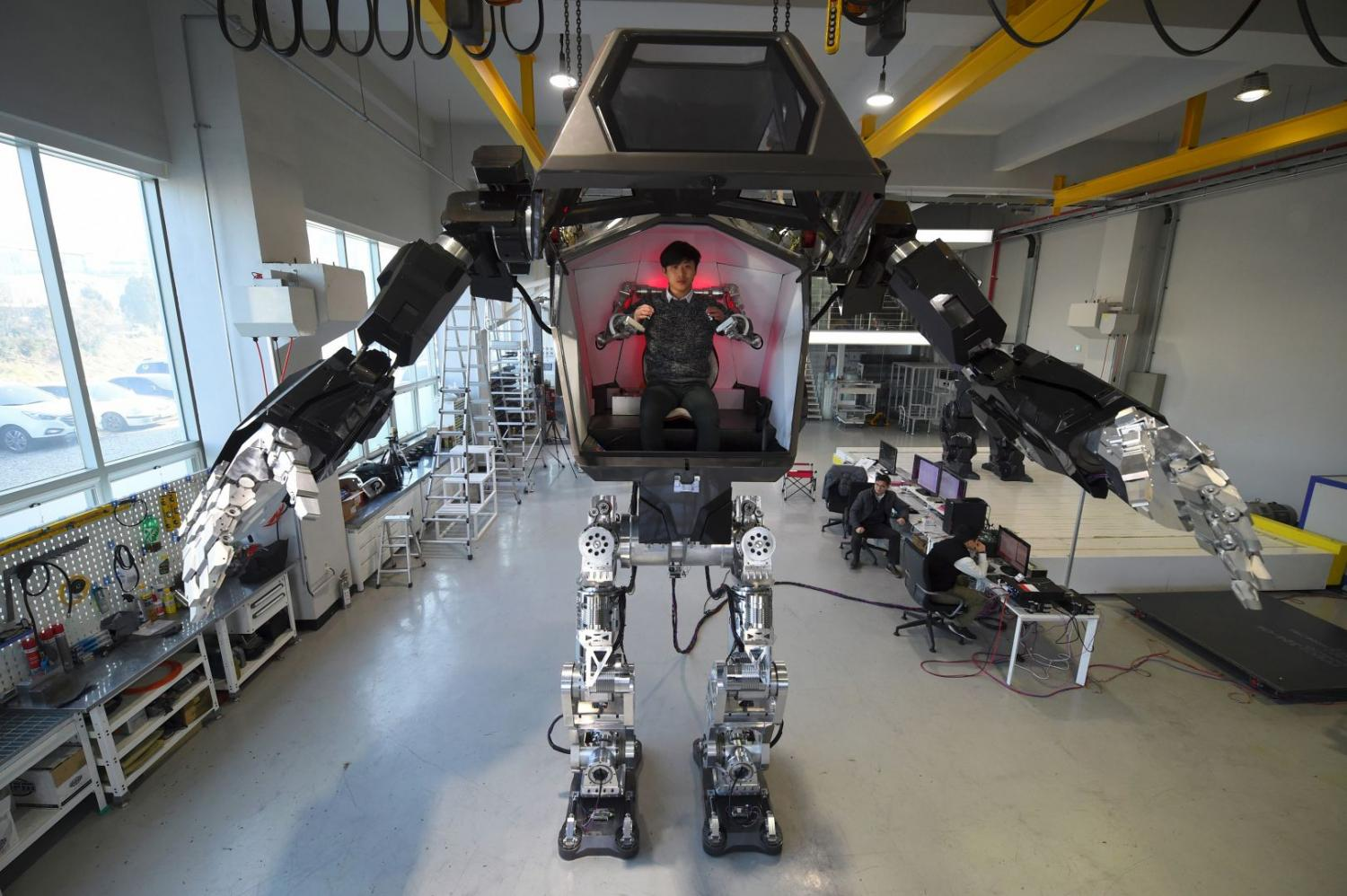
Method 2 is a massive robot developed in South Korea, designed to tackle hazardous environments. Weighing 1.5 tons and standing nearly 4 meters tall, it’s built for both military and industrial use. Though still in development, Method 2 highlights the potential for large-scale robots to take on high-risk roles in combat and support missions.
1. Robotic Combat Dogs
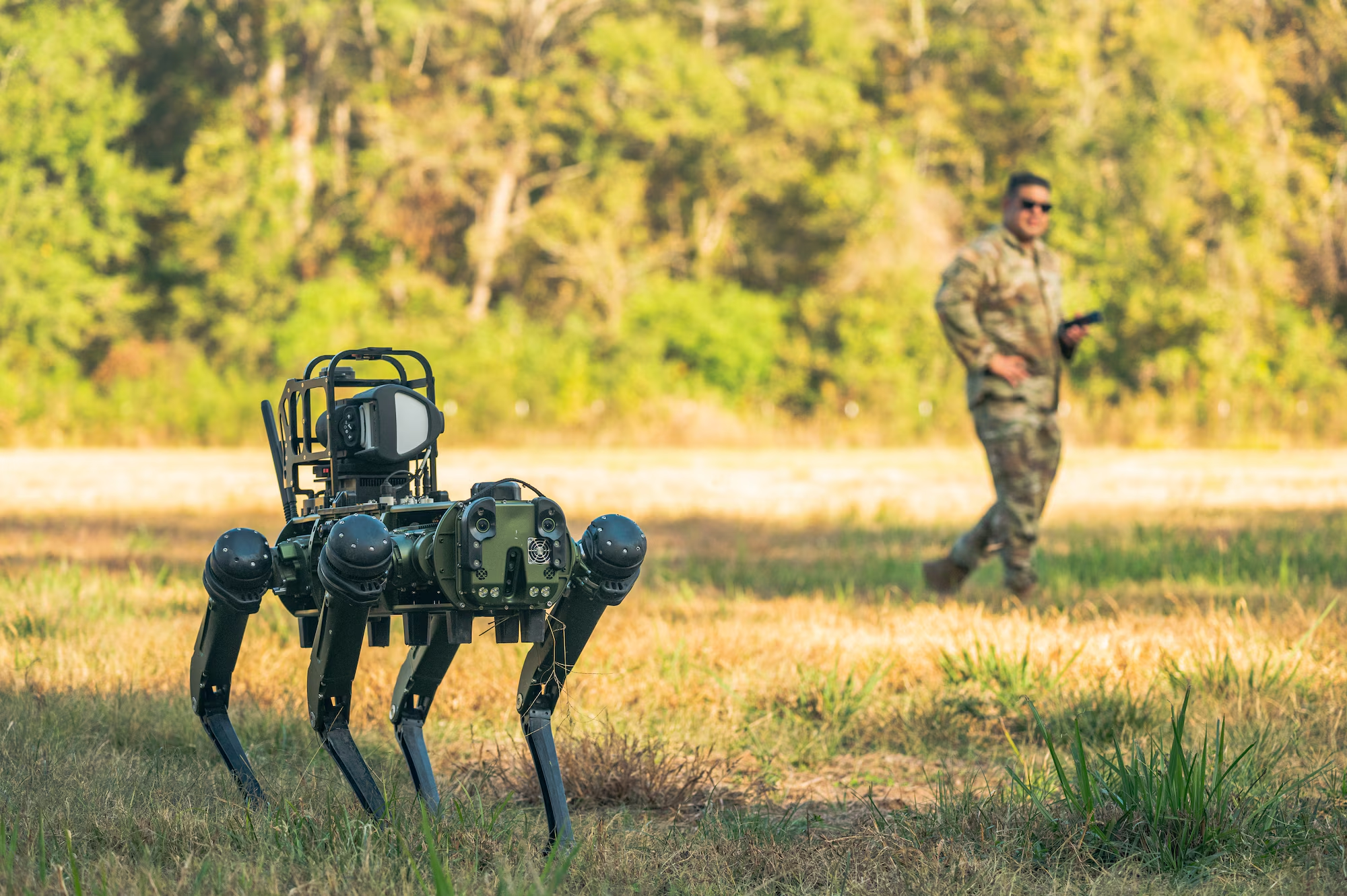
Robotic combat dogs are a new wave of innovation, with models equipped with automatic rifles mounted on their backs. These robots can operate autonomously or be remotely controlled, and they feature built-in cameras with a 360° field of vision. While still undergoing testing, robotic combat dogs are poised to carry out missions in diverse terrains, marking a significant leap in autonomous warfare technology.




